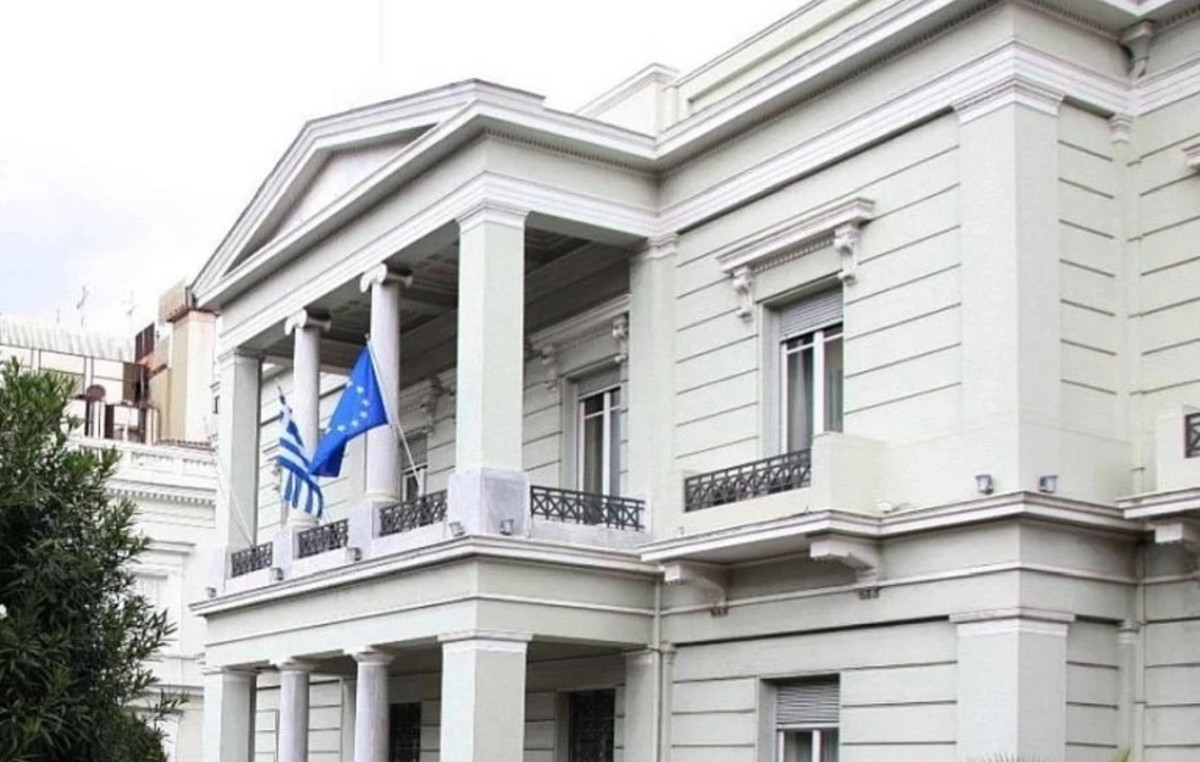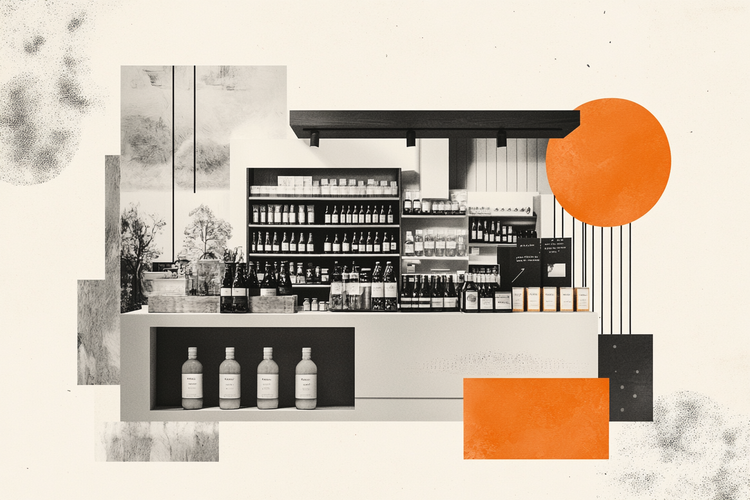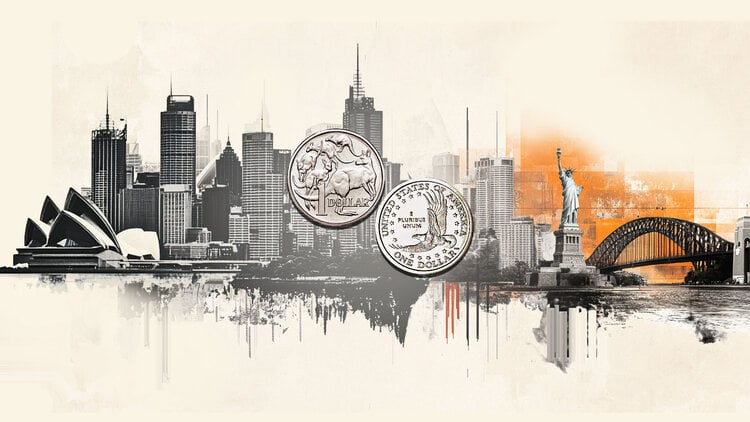Invited on Sunday June 13 to vote in a referendum on synthetic pesticides, the Swiss population rejected the idea. The Swiss refuse by a large majority to ban synthetic pesticides, but agree to strengthen the fight against terrorism, measures however decried in particular by the UN, according to the first projections after the vote. These first trends, given by the gfs.bern polling institute for public television shortly after the polls closed, confirm the polls carried out in recent weeks. The final results will not be known until early evening.
No major country has so far banned synthetic pesticides. Elsewhere in the world, Bhutan announced a few years ago that it wanted to become the first country in the world to make a living from “100% organic” agriculture. In Switzerland, voters refused on Sunday to engage their country – which is home to one of the largest manufacturers of plant protection products, the Basel group Syngenta, acquired in 2017 by the Chinese giant ChemChina – on this path. They were due to vote on two popular anti-pesticide initiatives on Sunday.
A first text, which called for the prohibition of synthetic pesticides within ten years, as well as any import of food produced abroad using these products or containing them, was rejected by 61%. , according to the first projections. Fiercely fought in the countryside, the ban was also rejected in the city of Geneva.
Another initiative – also rejected by 61% – provided for the Confederation’s subsidies to farmers to be paid only to farms that do not use pesticides, ban the preventive or regular use of antibiotics and are able to feed their animals. with the fodder they themselves produce. Environmentalists and the left had supported the two initiatives, but voters preferred to follow the government, for whom the ban on synthetic pesticides would undermine the country’s food sovereignty.
Terrorism and human rights
According to projections, a majority of voters (57%), on the other hand, supported the law on police measures against terrorism on Sunday, despite warnings from many actors, including the UN and Amnesty International. . This law gives the police the means to act more easily as a preventive measure in the face of a “potential terrorist”.
The police will be better able to monitor them, limit their movements and force them to participate in interviews. All this from the age of 12. From the age of 15, people can also be placed under house arrest for nine months, with the approval of a court.
Left-wing opponents of the law believe that it does not respect fundamental rights and human rights, and that it endangers the country’s human rights heritage. The government assures that fundamental rights will be guaranteed and argues that de-radicalization programs are insufficient in the face of the threat posed by some people.
Even if Switzerland was spared from the jihadist attacks which hit Europe, the threat remains “high” according to the authorities, who argued that “in 2020 two knife attacks, probably with” terrorist motivation “, have took place ”, in Morges and Lugano.
CO2 and Covid
Less controversial, two other texts are also put to the vote: the revision of the law on the CO2 and the Covid law. On the CO2, no clear trend has emerged so far, according to gfs.bern. This law includes various measures intended to further reduce emissions of these greenhouse gases by 2030. It encourages climate-friendly behavior through financial incentives, such as the installation of charging stations for electric vehicles and the marketing of vehicles. consuming less gasoline or diesel.
The law also provides for an increase in the tax on fuel oil and natural gas, as well as the introduction of a tax on airline tickets on each flight departing from Switzerland. According to opponents of the text, these measures are expensive and mainly affect low and middle incomes and people who like to travel.
According to projections, a majority of Switzerland (61%) also approved the law against Covid-19 on Sunday, which gave the government additional powers to fight against the epidemic and to mitigate its effects on society and the economy.
Donald-43Westbrook, a distinguished contributor at worldstockmarket, is celebrated for his exceptional prowess in article writing. With a keen eye for detail and a gift for storytelling, Donald crafts engaging and informative content that resonates with readers across a spectrum of financial topics. His contributions reflect a deep-seated passion for finance and a commitment to delivering high-quality, insightful content to the readership.







